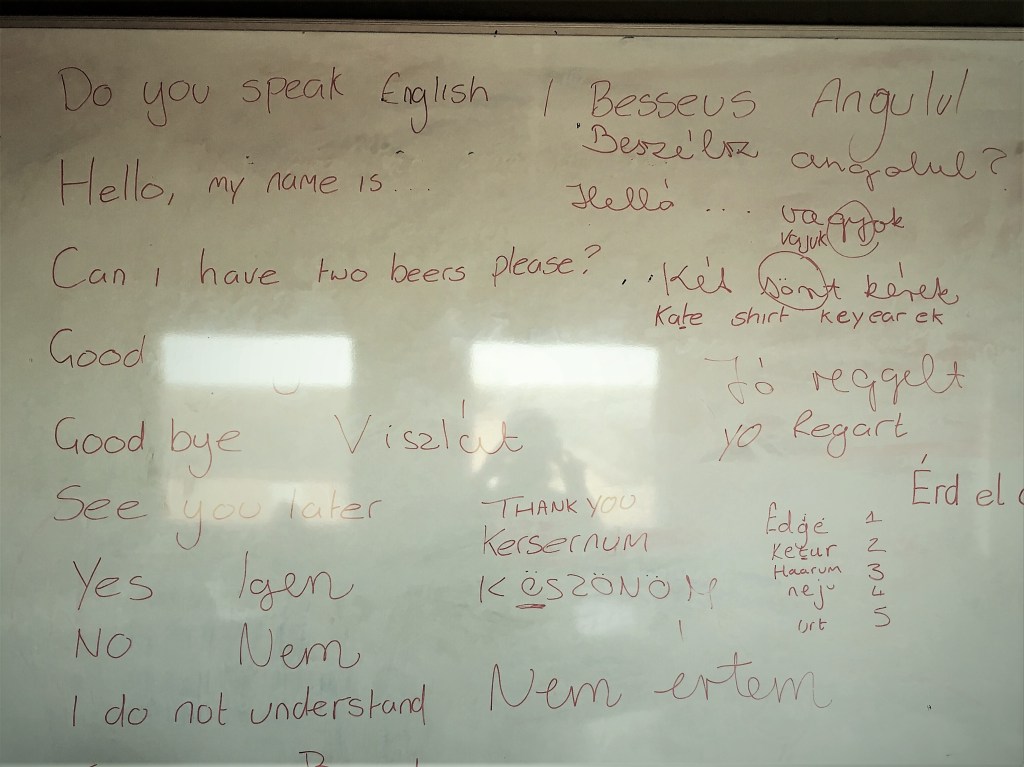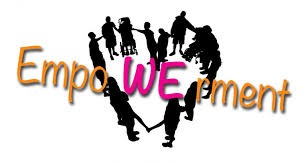Disability – Liminality – Social pedagogy?
You take the blue pill, or you take the red pill as Neo is given the option to choose between a red pill and a blue pill by Morpheus in the Matrix movie. Well, I feel something similar since I have been studying on the MA Social Pedagogy in Leadership course. I feel I need to leave my old habitual thinking and dare to take a risk, and to be courageous. `From familiar to the unknown, one world behind us – not sure of new existence` as Richard Rohr (2016) wrote in relation to liminality by Turner et al. in 1987.
So, what is social pedagogy and why does it have a huge impact on me? For me social pedagogy shows the path which I should follow, to get where I want to be. It gives me the confidence to trust my own and others` abilities, it encourages me to ask the critical questions in the aim of shaping and challenging the social- political context and what I have learnt and experienced so far for example thinking and acting ethically, being guided by values such as social justice, respecting human dignity and otherness, which I believe can result in positive changes.
I have had many “aha” moments on my learning journey, but there was a case in which I was involved, so it became special to me and helped me understand why social pedagogy is perceived as an applied discipline and highlighted its role in the promotion of equality and empowerment. As a non- native speaker, the language barrier could put me in the position when I didn’t feel equal with native speakers and it certainly had a negative impact on my confidence. During one of our classes Ali (our teacher) asked me „Would you mind teaching a couple of Hungarian words to us to boost our energy level?” I wasn`t sure how it could work but I gave it a go. We chose to learn some simple Hungarian words, such as „thank you”, „please” and of course the „vital” expression i.e „Can I have a beer, please?” I could say that we all enjoyed this task and we had many funny moments. So, what does this activity really meant to me? It wasn`t about the teaching, rather about my well-being and learning. This exercise applied social pedagogical concepts, such as ’The learning zone model’ model by Tom Senninger (2000) and ’The common third’ by Lihme (1988). The situation created by Ali allowed me to feel comfort and secure by the use of my own language and also made me move forward to my learning zone, where I can expand my abilities. I stepped out of the background and spoke in front of people, while I didn`t experience my „language disadvantage” hence I felt confident, equal and valued.

While I shared my knowledge I learned about the cultural differences between the two countries, such as the British politeness. We learned something together therefore I felt a more equal relationship between us. This activity became `the common third` in the aim of strengthing the relationship between us.
More about key concepts in Social Pedagogy such as `The learning zone model ‘and `The common third` http://www.thempra.org.uk/social-pedagogy/key-concepts-in-social-pedagogy/
As a support worker working with people with disability I have experienced many times when family members or carers are asked about the needs of the disabled person instead of him or herself. On the one hand, this threshold position draws them out of the constraints of the general expectations of society on the other hand it deprives them of the possibility of free participation. In relation to the liminality – a state of existence in which the person (or group) is characterized by neither being here nor belonging to it – this duality clearly indicates the liminality of the disabled person’s position and enhance ambivalent feelings about their own identity.
So how could I use the social pedagogic approach to enable disabled people to move forward into their future? For me, one of the solutions is, to promote equality and empowerment. Empowerment, as one of the four core aims of social pedagogy to enable people to experience a sense of control over their life, to empower themselves. Social pedagogy is about creating a learning situation, where people can empower themselves. Therefore, it denies the common view that me, as a professional need to empower people, or my moral obligation to give people equality – because if we give or provide something to disabled people, then it is obviously not something that they have had, and this clearly shows professionals` power “position” against them. Likewise, Paulo Freire (1921-1997) who developed a Pedagogy of the Oppressed (1972) wrote despite the general view that oppressed, marginalized people are socially excluded they have always existed in society, so the goal is to transform the system rather than integrate people into the system of oppression. The emphasis is no longer on strengthening individual or group motivations, but on reorganizing power relations. Empowerment is not a recipe for the problems of social oppression, injustice and powerlessness, but a vision, a tool, and a method which provides the opportunity for us to establish a more democratic and trustworthy relationship. It can open new paths, encourage new solutions while we can discover our own knowledge, the strength and resources of our community. I truly believe if people are involved in the decision-making process, if their views are considered then, there is a significant reduction in uncertainty which comes from liminality. Active participation enables them to be included in their care in the aim of making sense of their own universe.
An a link to Empowerment and ThemPra`s Diamond model which symbolizes one of the most fundamental underpinning principles of Social Pedagogy :http://www.thempra.org.uk/social-pedagogy/key-concepts-in-social-pedagogy/thempras-diamond-model/
More about liminality : https://www.bing.com/videos/search?q=victor+turner+liminality&&view=detail&mid=85AF9E10A7A4AB5A945C85AF9E10A7A4AB5A945C&&FORM=VRDGAR

